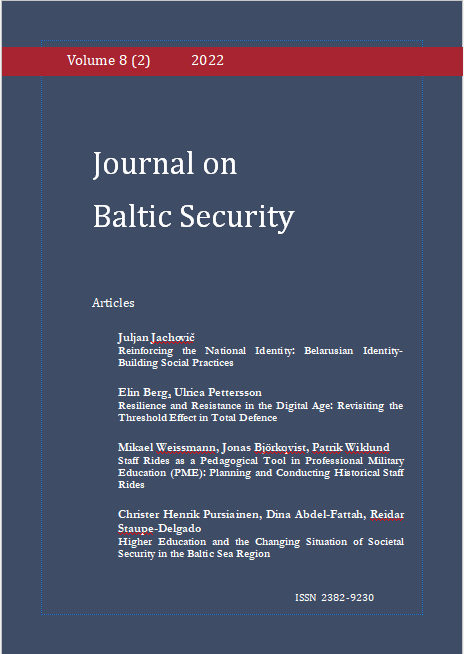Volume 8, Issue 2 (2022), December 2022

Order by:
Pub. online: 6 Oct 2022
Type: Research Article
 Open Access
Open Access
Abstract
Pub. online: 19 Oct 2022
Type: Research Article
 Open Access
Open Access
Abstract
Pub. online: 25 Oct 2022
Type: Research Article
 Open Access
Open Access
Abstract
Pub. online: 27 Oct 2022
Type: Research Article
 Open Access
Open Access
Abstract